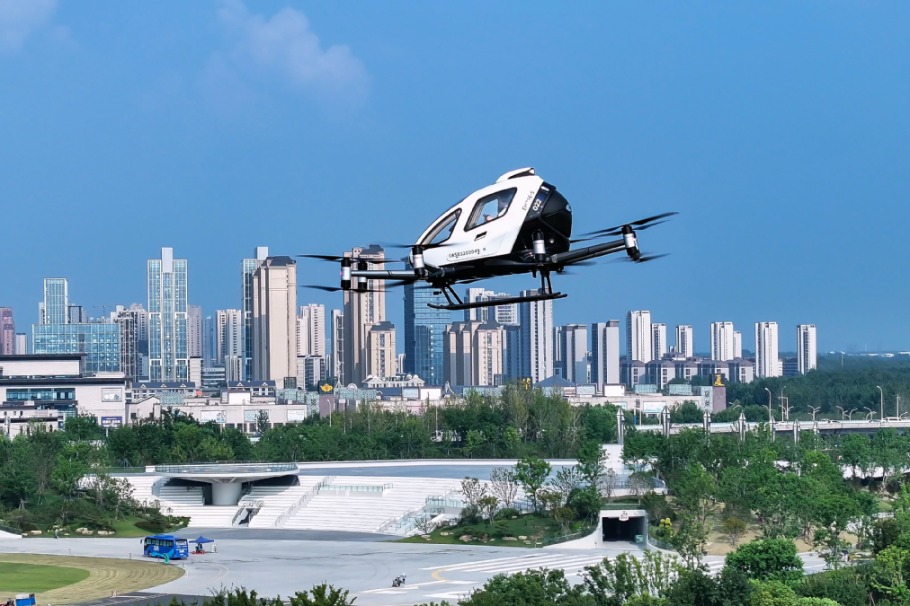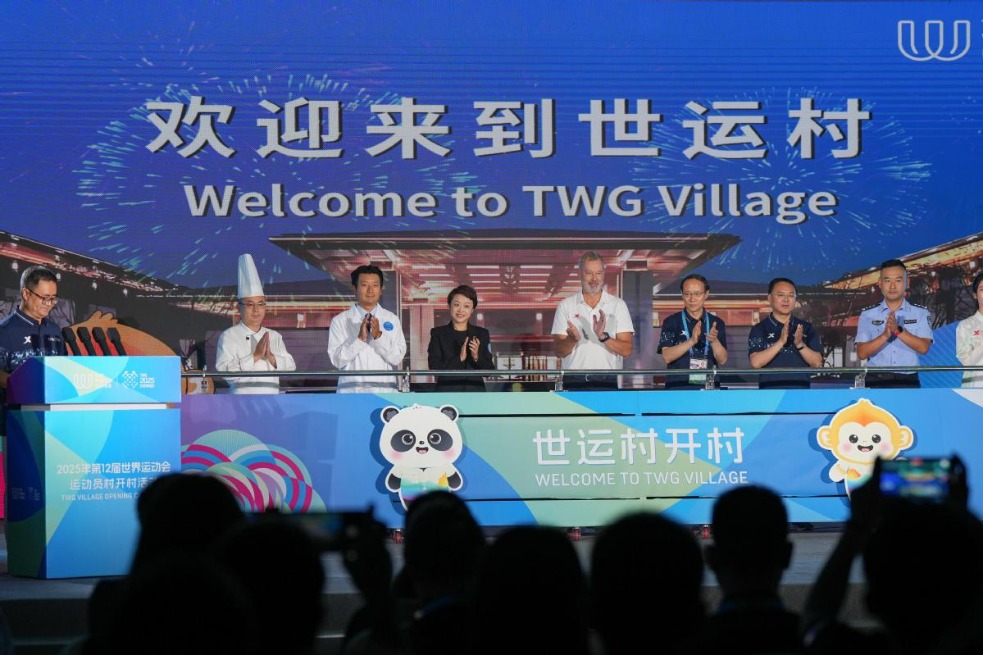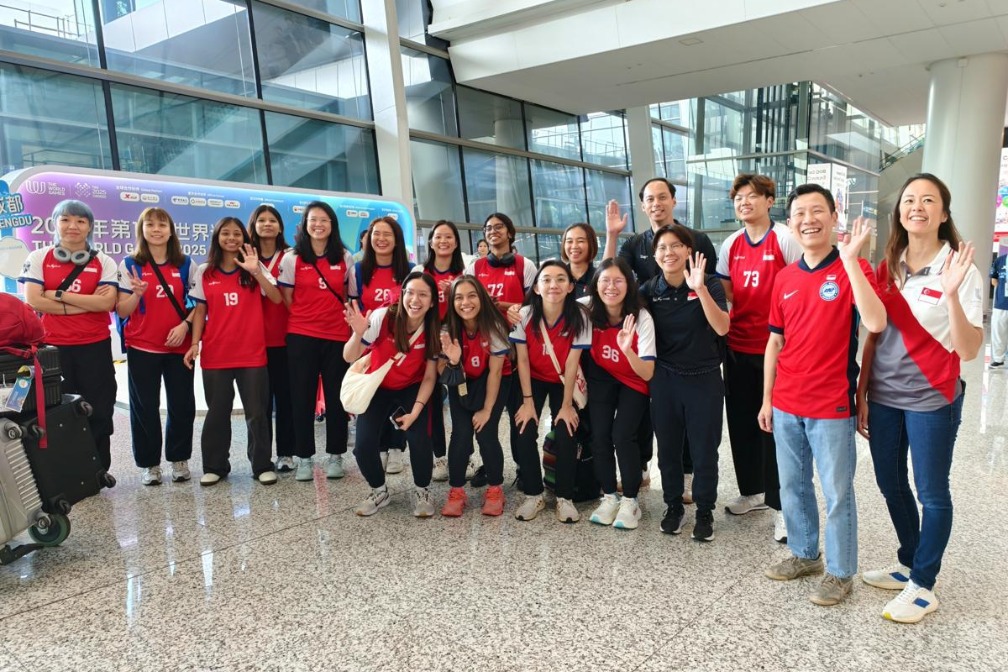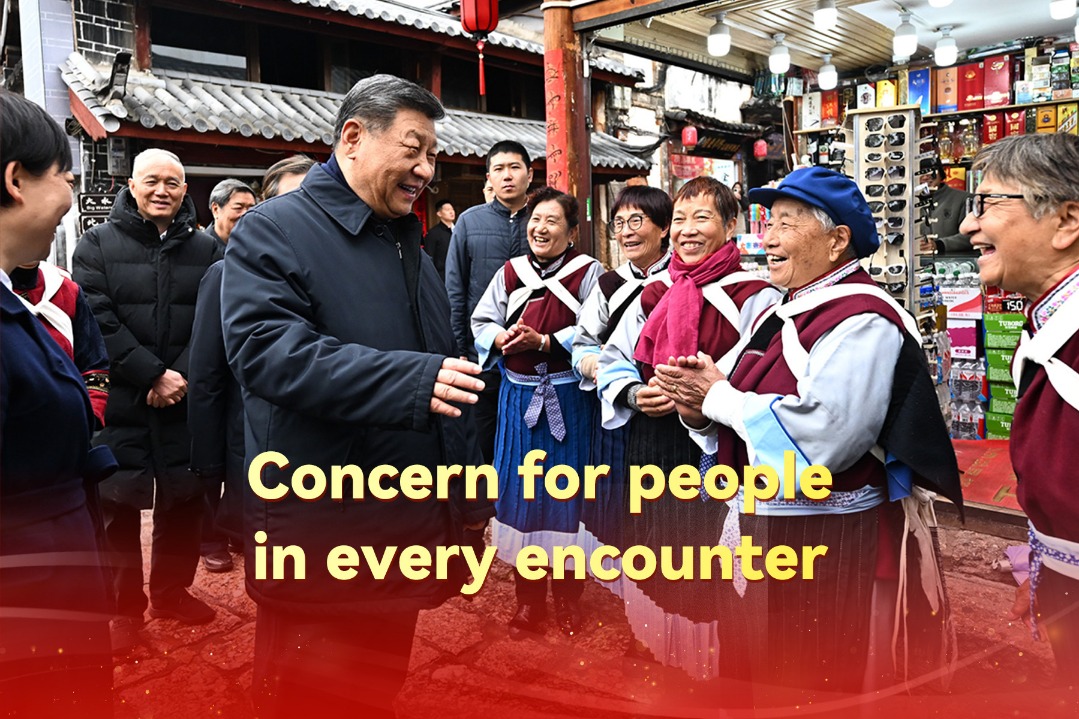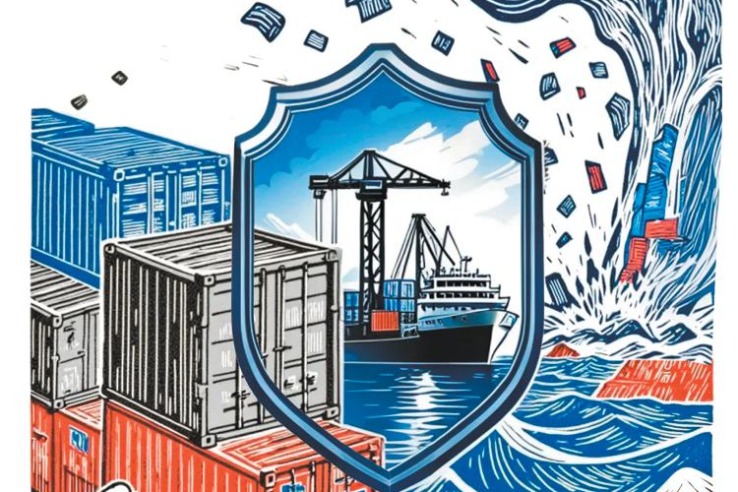Dangerous course plotted by Washington

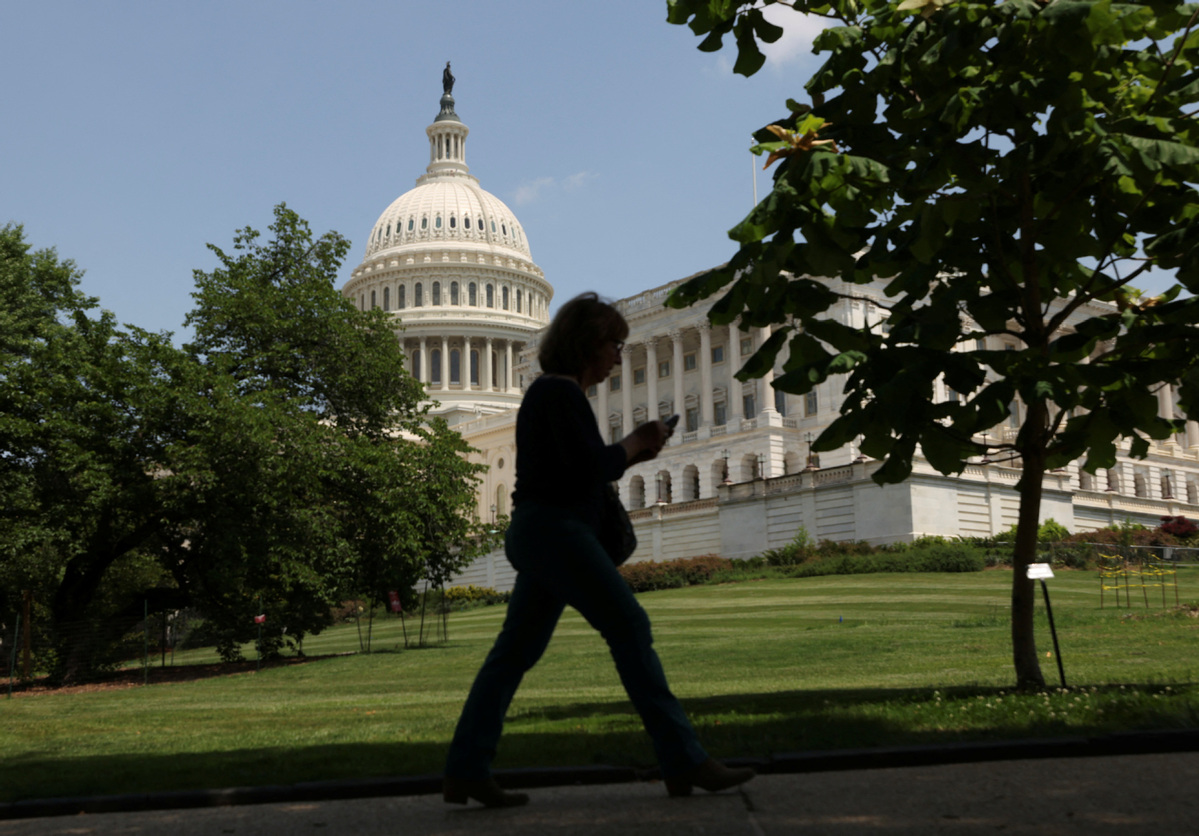
Samuel Paparo, head of the US "Indo-Pacific" Command, warned of "a profoundly consequential time", claiming that "China is on a dangerous course" on the Taiwan question at an expo hosted by a US think tank in Washington on Monday.
"Their aggressive manoeuvres around Taiwan are not just exercises. They are rehearsals," he said, referring to the Chinese mainland's justified and legitimate military exercises around the island, which is an inalienable part of China.
But as a spokesperson for the Chinese embassy in the US said on Monday, when it comes to the situation in the Taiwan Strait, there is nothing more unstable than the provocations of the "Taiwan independence" separatists and the interference of external forces.
China's military exercises near the island in recent years are intended to deter "separatist plots". If the US really cares about regional peace and stability, it should stop fanning the flames on the Taiwan question, as such behavior will only backfire.
Talking about the advancement of artificial intelligence, hypersonic weapons and additive manufacturing, the chief of the bridgehead command of the United States, specifically set up to counter China, called on the US military to adjust its related departments to accelerate innovation and capacity expansion in those fields so that, as he hinted, the US can better respond to the challenges of China during "the urgent transformation".
Paparo has been hyping up the "Chinese military threat" since taking office in May last year in an obvious bid to help the Pentagon to press Congress to increase the military budget.
In an April congressional hearing on fiscal year 2026, he relentlessly played the "China card" to that end, as if it is an important responsibility of the head of the US "Indo-Pacific" Command to help the whole US military to win more funding, and the US military-industry complex to win more orders, channeling federal funds to the pockets of vested interest groups.
Paparo's Monday performance, along with US Secretary of Defense Pete Hegseth's speech at the Shangri-La Dialogue in Singapore in which he urged the US' regional allies to increase their defense spending — so they can buy more arms from the US — should be seen as part of the hyping-up of the "China threat" theory that is an essential part of that lucrative "business model".
The "China threat" theory also serves to glue the US' allies and partners to its side amid the growing tensions triggered by the US on the economic and trade front as a result of the all-to-one tariff depredation the US administration has initiated to channel wealth to the US.
The Pentagon, as well as the US' pawns, particularly the Philippines, should realize the high cost of the US' "China card" tricks intended to benefit domestic vested interest groups, as they not only impact Sino-US relations, but also destabilize the Asia-Pacific and divide the world.
That's why some regional countries opposed the US trying to turn the Shangri-La Dialogue into an anti-China circus. It is sad that a platform that should have been used for all stakeholders to strengthen communications, deepen mutual understanding, and synergize regional efforts for common security and shared development was instead used as a platform for the US defense secretary to make a sales pitch on behalf of the US defense industry.
Engaging in group politics and camp confrontation is a Cold War game that goes against the trend of the times and is not welcomed by regional countries. It can neither solve the problems nor intimidate China.
China's determination and will to safeguard its sovereignty and maritime rights and interests are unwavering. The US and its allies should stop slandering China and distorting its justified acts to safeguard its sovereignty and territorial integrity. They should also stop forming all kinds of exclusive small circles to provoke and pressure China, and stop interfering in China's internal affairs.
















